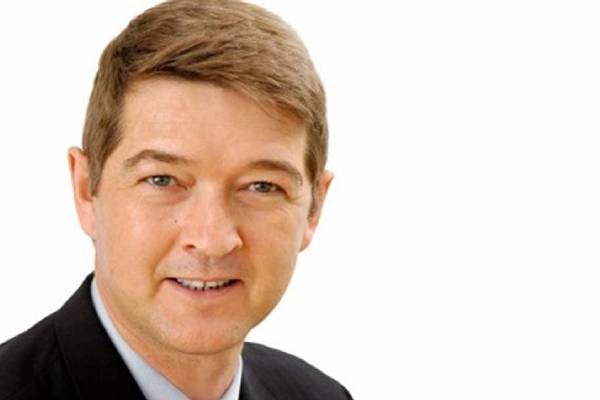The 2023 Budget has failed to address the fundamental issues affecting the Nigerian Economy from the previous years.
Chief Economist of PricewaterHouseCoopers, PwC, Dr Andrew Nevin, made this disclosure while speaking to Tolulope Ogunjobi on the Business Nigeria programme.
Mr Nevin said the retention of fuel subsidy for the first half of the year, the inability to actually make good on anything about Tax are all issues that have not been addressed.
He disclosed that the budget is more of the same and it will not address the fundamental issues facing the Economy, adding that the fact over 4 Trillion Naira will go to fuel subsidy in the first half of the year is a major point of concern.
He also said the government needs to significantly jerk up revenue through Tax and be able to track how revenue accruing to the government is expended.
He also listed the level of Debt service and the level of revenue needed to service it as being obscene.
He described the issue of Fuel subsidy and the corresponding debt servicing around its addition of almost 7 Trillion Naira annually as a major issue that the Budget did not address.
He described as unfair the fact the current administration has pushed the issue of Fuel Subsidy removal to the incoming administration.
He said the Debt Servicing is becoming increasingly difficult to sustain for Nigeria with skyrocketing interest rates and the removal of Fuel subsidy will help to reduce the pressure.
He added that the nations’ debt to GDP ratio is still relatively modest considering it currently stands at 77 Trillion including the Ways and Means used by the Federal Government through the Central Bank of Nigeria.
He disclosed that the level is not flashing red for public Debt with an Economy estimated to be over 200 Trillion naira as of the end of 2022.
Going Further, Mr Nevin said though the ministry of Finance has insisted that the issue is a Revenue problem he and Other experts disagree with it adding that it is a growth problem which has made it almost impossible to generate more revenue.




